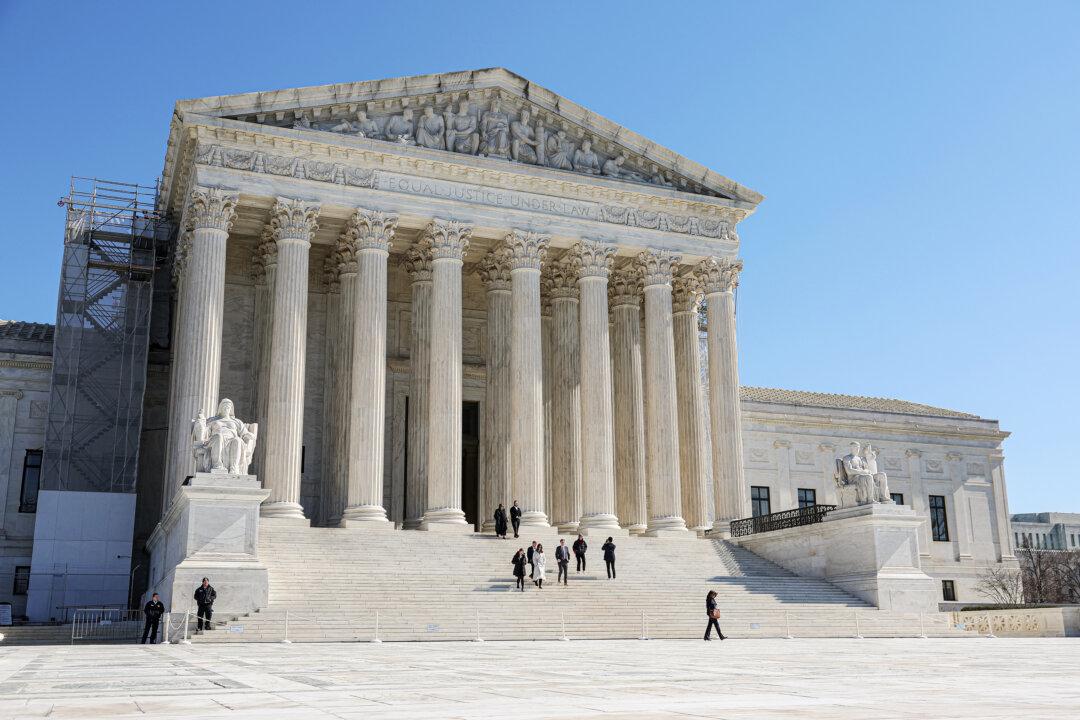As all American students learn, the First Amendment to the Constitution protects freedom of expression. So precious was this idea to the founding fathers that they assigned it first place in the Bill of Rights. This freedom—the right to unfettered speech, and the right to communicate one’s thoughts and opinions—has enabled America to thrive as a democracy unlike any in history. Unfettered until now, that is.
In the past, scholars of the First Amendment were unanimous in their belief that all ideas, regardless of how offensive they may be, should be permitted to see the light of day—if for no other reason than, in the words of Justice Louis Brandeis, “Sunlight is said to be the best of disinfectants.”





